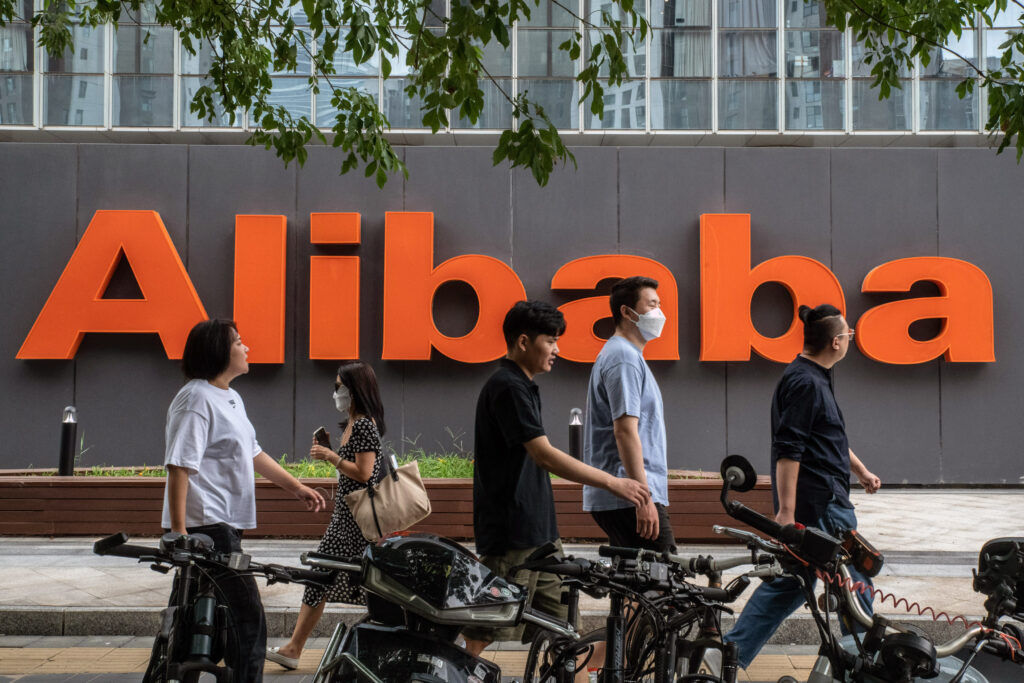
Michael Sonnenshein, Chief Operating Officer of Securitize, has declared that the U.S. cryptocurrency sector is at a critical juncture, partly due to the involvement of the White House.
In a recent discussion on Bloomberg TV, the former CEO of Grayscale pointed out the significant change in the Biden administration’s stance towards the cryptocurrency industry, contrasting it with the previous Trump administration’s more collaborative approach to innovation, which is now being overshadowed by a focus on enforcement.
“The difference is striking,” Sonnenshein noted. “Crypto was previously operating under a framework of regulation through enforcement. Now, lawsuits have been withdrawn, the White House has appointed a crypto leader, and the SEC has established a task force that is actively engaging with businesses.”
He remarked that this renewed regulatory landscape is facilitating the rapid emergence of tokenized real-world assets. Securitize, which holds the title of the largest tokenization platform to date, has successfully integrated around $2.5 billion worth of assets—including treasuries and public equities—onto public blockchains like Ethereum and Polygon.
Sonnenshein emphasized that tokenization is not just a trend in blockchain; it is about improving the investor experience by offering daily dividends, immediate liquidity, and 24/7 access—advantages typically absent from “traditional financial products,” as he noted.
He pointed out the firm’s partnership with BlackRock on the BUIDL tokenized treasury fund as a significant example, highlighting its ability for real-time redemptions and its incorporation into DeFi ecosystems.
As the market for tokenized treasuries and equities expands, Sonnenshein expects this positive momentum to continue throughout the year.
Securitize is reporting growth exceeding 500% in the tokenized treasury segment alone, achieving noteworthy milestones including the tokenization of Exodus, a publicly traded company.
Looking ahead to changes in SEC leadership, Sonnenshein stressed the importance of maintaining an ongoing dialogue.
“To broaden access to RWAs or to re-evaluate definitions of accredited investors, collaboration with regulators is essential,” he stated.






